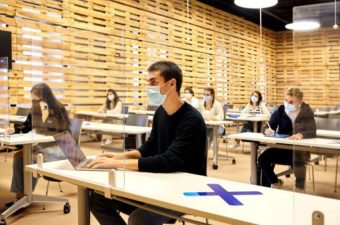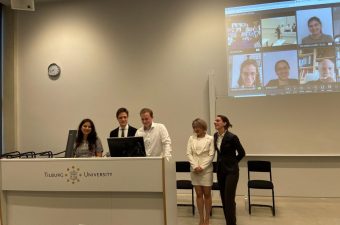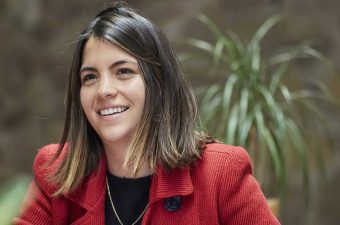
This is exactly the question that Noa Benzadon, certified Nutritional Therapist, Behavior Change Specialist, and IE University alumna, and the founder of Noatrition, brings to her workshop on energy, nutrition, and habits in collaboration with the Bachelor in Behavior and Social Sciences program.
For Noa, her goal is simple: “This workshop helps students understand their bodies and make small, practical changes in daily life. I wanted to bring science and evidence-based nutrition into the classroom in a way that empowers students to take ownership of their health.”
This thinking is what the Bachelor in Behavior and Social Sciences program teaches students to do: understand people deeply, use evidence to design interventions, and create solutions that change real lives.
This article brings the workshop to life — and shows you how to move from just getting through university to actually thriving in it.
Why students struggle more than they think
Noa explains that most students arrive with “different challenges, different routines, and different gaps in understanding.”
Many want to feel better, eat better, or have more energy — but don’t know what advice to trust or where to start.
“Students want to feel empowered to support themselves,” Noa says, “but they don’t always know what information to trust.”
Her workshop gives students a scientific foundation — the why behind the body — so they can make decisions confidently, instead of guessing.
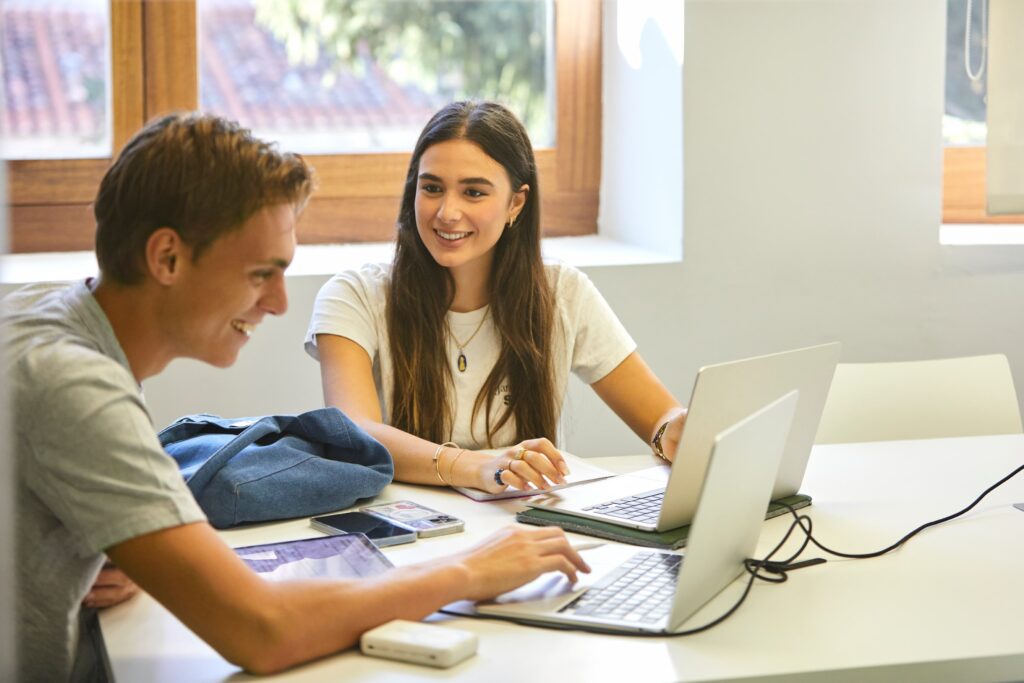
The hidden pillars of energy
One of the biggest surprises for students is discovering that energy has much less to do with willpower and much more to do with systems inside the body.
The workshop focuses on five core pillars:
1. Blood sugar balance
Skipping breakfast, relying on pastries or sugary snacks, and drinking coffee on an empty stomach lead to glucose spikes that cause crashes, cravings, and exhaustion later.
A balanced breakfast (protein + fiber + healthy fats) stabilizes energy for hours.
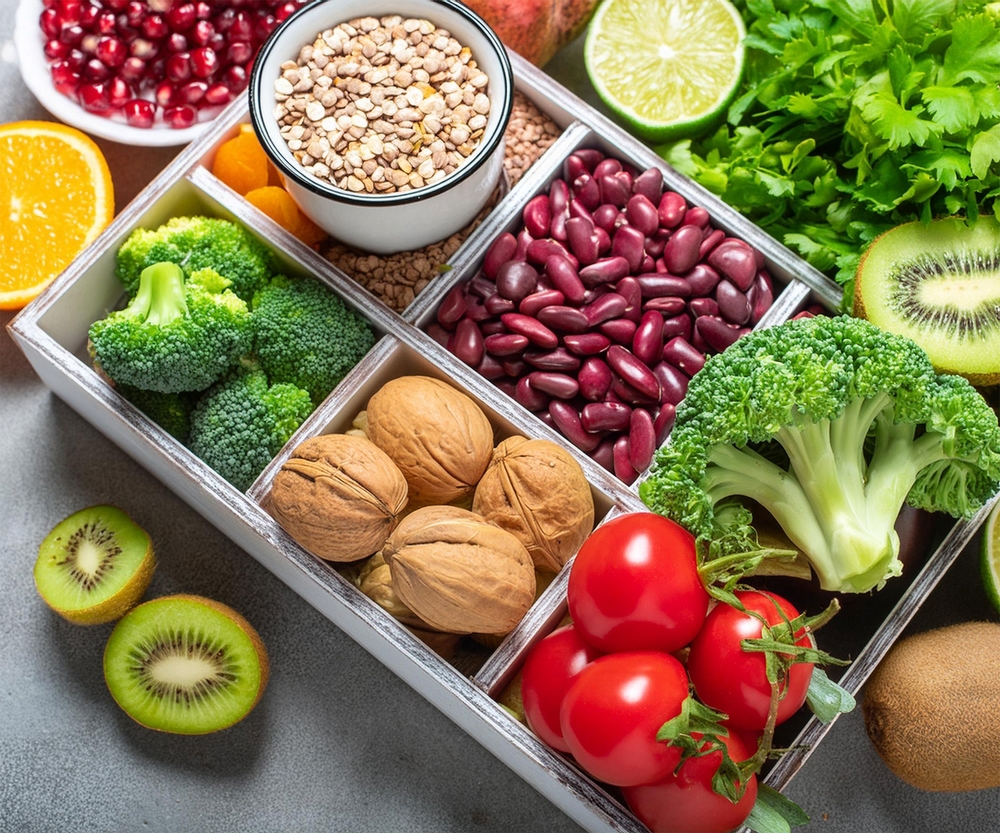
2. Nutrient sufficiency
Iron, B vitamins, and magnesium all play essential roles in oxygen transport, brain function, and cellular energy.
Noa explains it in simple terms:
- Iron = “the oxygen delivery system”
- B vitamins = “your energy extraction tools”
- Magnesium = “the spark that keeps the engine running”
3. Mitochondria (your cellular powerhouses)
Poor sleep, stress, ultra-processed food, and low movement weaken the mitochondria — the parts of your cells that create ATP (energy). Certain foods, exercise, and antioxidants strengthen them again.
4. Cortisol & circadian rhythm
Students often don’t realize that their morning energy depends on their light exposure, sleep timing, and cortisol rhythm.
5. Hydration & cell function
Hydration is much more than drinking water — it affects cell communication, mood, and nutrient absorption.
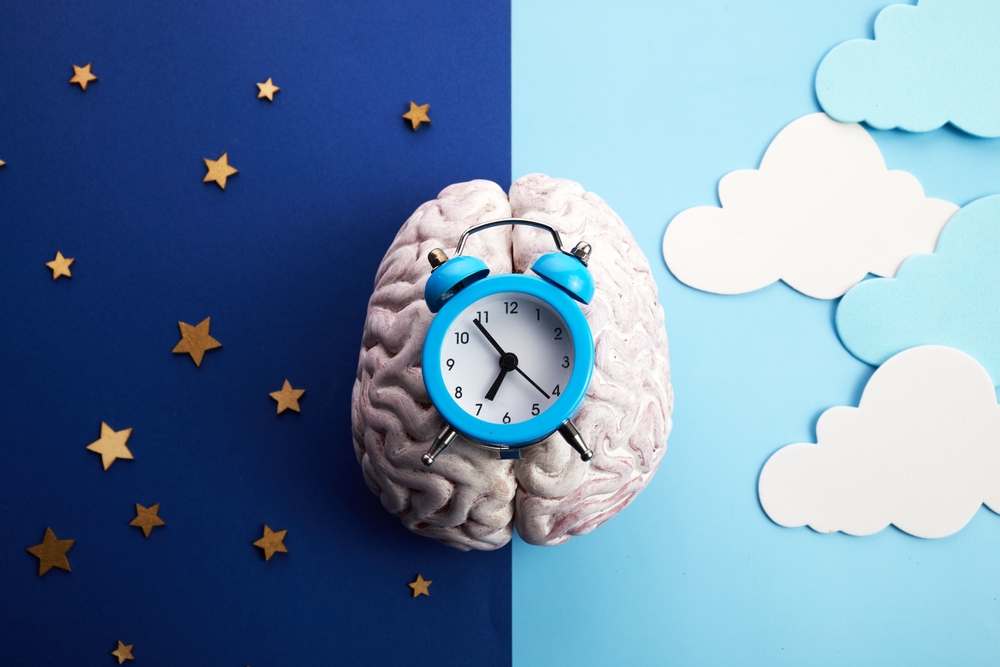
The Nutrition Plan Project: Turning knowledge into a personal strategy
One of the most unique parts of Noa’s workshop is the Personal Nutrition & Energy Plan that every student creates.
It’s not a diet.
It’s not a meal plan template.
It’s a strategic roadmap built from the student’s own biology, preferences, habits, and real-life barriers.
The project happens in four stages:
1. Understanding yourself (Part I)
Students reflect on their current habits, energy patterns, and food choices. They learn what a balanced plate looks like — then redesign their breakfast and lunch based on the workshop’s nutrition fundamentals.
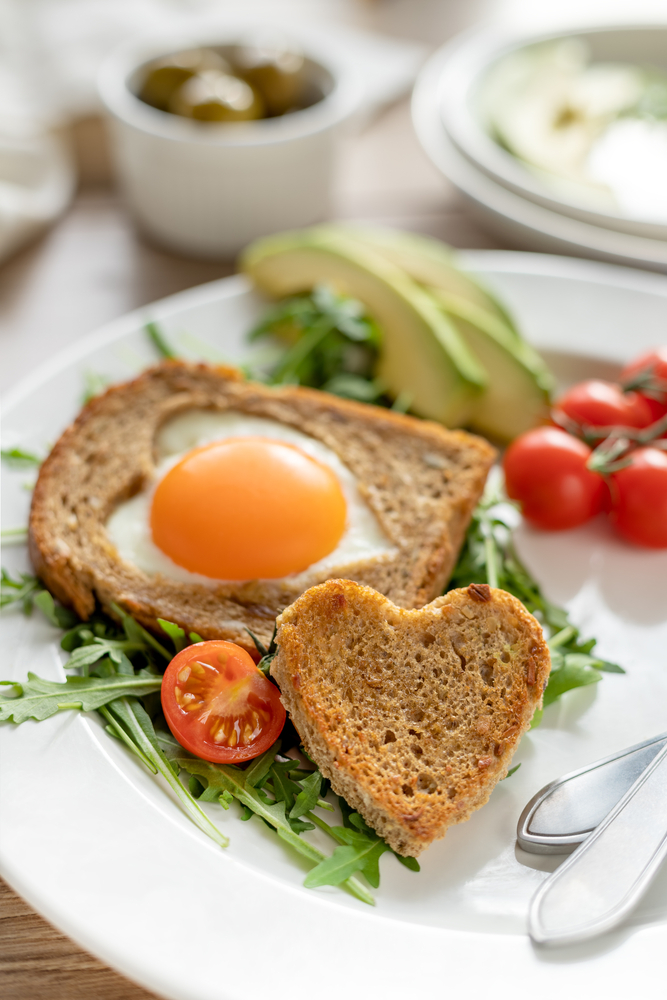
2. Choosing your interventions (Part II)
Each student chooses two nutrition or lifestyle interventions they want to apply.
Examples include:
- eating a protein-rich breakfast
- increasing iron-rich foods
- reducing energy crashes by balancing carbs
- moving daily to support mitochondria
Students then connect each intervention to a biological mechanism — for example:
“Include complete breakfast → improves blood sugar balance → increases morning focus.”
3. Behavior science (Part III)
This is where Noa’s behavior-change training shines. Students learn to break big intentions into small, doable actions using:
- nudges
- habit stacking
- accountability
- COM-B analysis (Capability, Opportunity, Motivation)
Example student goal: “I will prepare overnight oats twice per week so breakfast is ready before morning classes.”
4. Your energy plan (Part IV)
Students put everything together into a simple, realistic plan:
- daily meals
- selected interventions
- exact steps to implement them
- routines that support energy
- strategies to overcome barriers

By the end, students walk away with a personalized, science-backed strategy they can start applying immediately — not theory they’ll forget tomorrow.
Why this matters for your student life
Food isn’t just fuel; it’s psychology, physiology, hormones, brain chemistry, and habit design. And when you understand even a small part of how these systems work, daily life becomes easier:
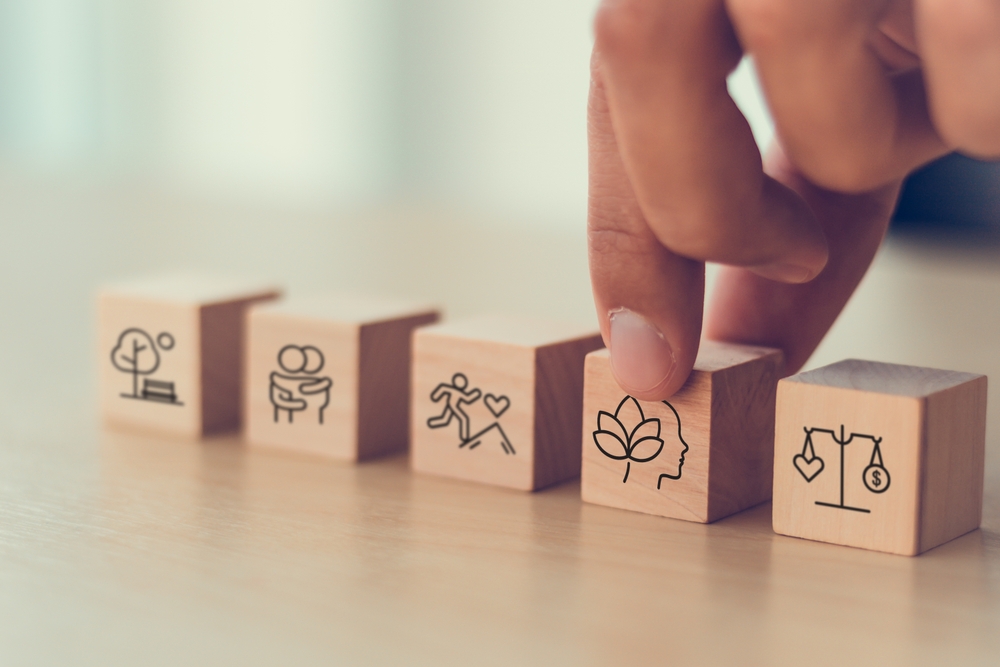
- better focus in morning classes
- more stable moods
- reduced anxiety
- fewer energy crashes
- better sleep
- stronger habits you can rely on
Noa reminds students:
“This is not about perfection. It’s about making small changes that support your body over time.”
Ready to thrive?
University life is busy, intense, and full of new experiences — but understanding your body and habits is one of the best ways to anchor yourself through it. Workshops like Noa’s equip students with the science, tools, and confidence to take ownership of their well-being.
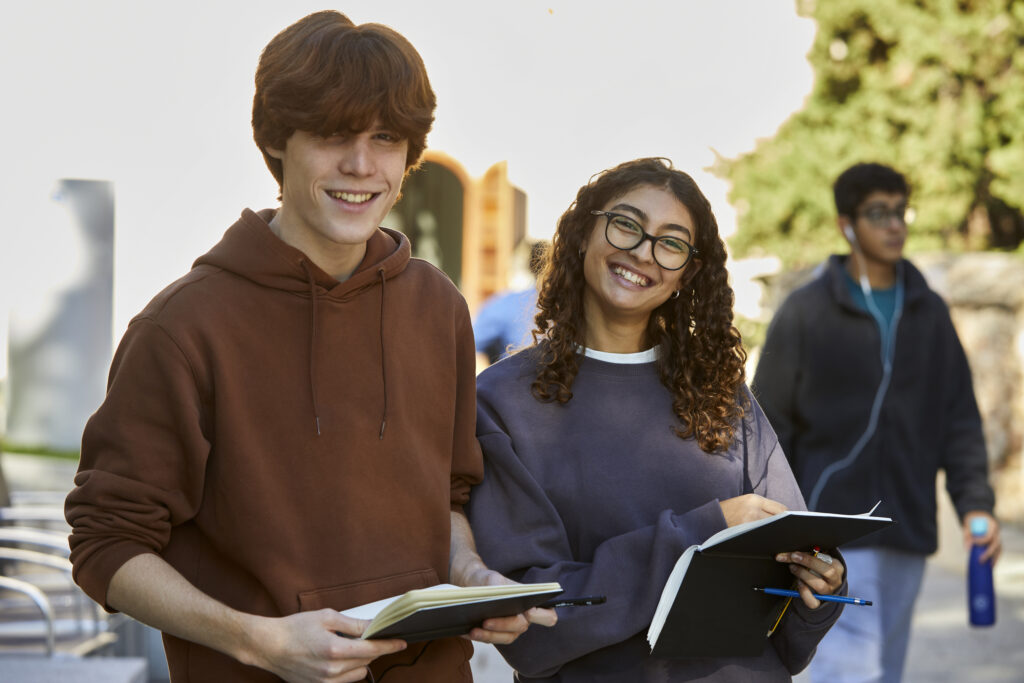
If you’re curious about programs that combine human behavior, psychology, innovation, and real-world impact, you might explore IE University’s Bachelor in Behavior & Social Sciences— a degree deeply aligned with the principles behind Noa’s workshop: evidence-based change, human understanding, and improving everyday life through science.
It might just be the next step in your own transition from surviving… to thriving.
